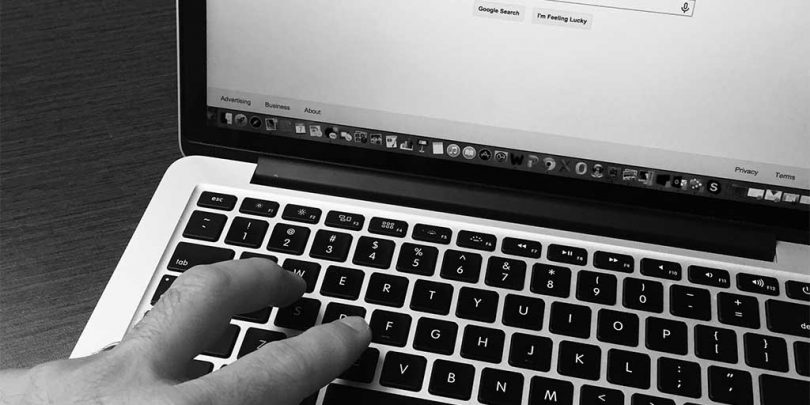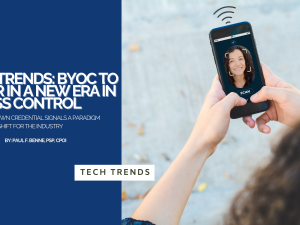Everyone does it, you create a personal document, spreadsheet or other file on your company owned computer. Why, because you’re human and actually have a life outside of work. Unfortunately, most people are not aware that a company has the ownership rights to the content of the computer and its associated storage. This can put you at potential risk for discovery and possible loss of your confidential personal data. Consider this: many companies, when terminating critical or influential personnel, will terminate the employee while IT personnel confiscate any company owned resources.
But its not realistic to work all day long and not use your work supplied computer for personal business. So, how can you protect yourself without undermining your companies acceptable use policies or loosing your data at the whim of your employer? Here are three tips to help keep you personal data safe:
- Use a USB thumb drive. This oversimple approach is straight forward. Use the computer as needed and store your personal information on a USB thumb (that you own). Don’t use the “chachkies” given out at trade shows by your company, that could be construed as company property. Furthermore, websites such as portableapps.com can install and launch applications directly from a USB drive without having to install on a host computer.
- Use a cloud based storage service WITHOUT installing their synchronizing software on your work computer. As needed upload/download temporary working files to the storage service from a folder marked “personal files and delete the local files after use. If you install the storage services sync’ing software you may be in violation of company policy, and all those files that have technically landed on company property are at risk. Accessing these sites through Chrome’s incognito mode or Firefox’s privacy mode ensure that no personal information is retained on the host computer. However, be aware that your network traffic can still be monitored and recorded.
- Encourage your company to create and honor a personal folder policy. Basically this type of policy would allow you to store at will, non-IT-threating personal files on your work computer. The company would honor the boundary of your personal information, while allowing you to retrieve and retain that information in the event your employment is terminated.
As a personal best practice, you should always be in control and in ownership of your data. The best way to put this into perspective is to think about if you were to go to lunch, and from that point forward never have access to your work computer again. Would you be missing anything?
Additional privacy considerations:
- If you use an app like Evernote for personal and business use, consider creating separate accounts.
- Is your LinkedIn profile managed by your corporate email address? What if tomorrow, you don’t have access to your corporate email account?







